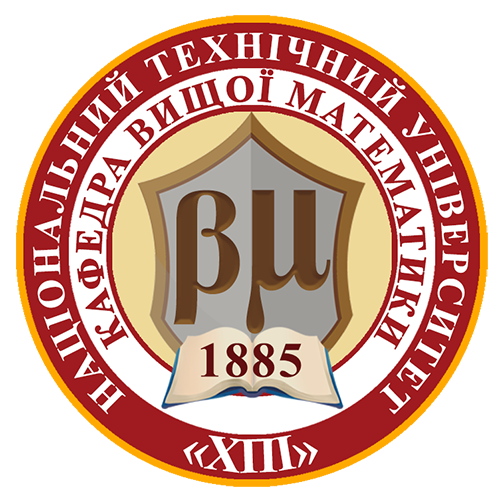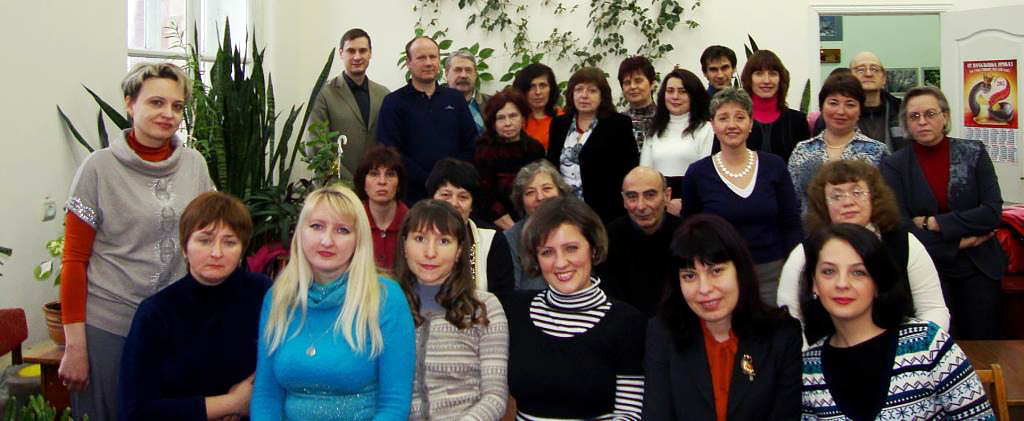Currently, a new concept of higher education is being formed in higher education, designed to expand access to quality information at any stage of education. The use of computer technologies in the educational process opens up fundamentally new opportunities for enhancing learning, including independent work of students. In addition, such systems implement learning at an individual pace at a time convenient for the student in accordance with his or her level of training. New information technologies significantly change the forms of interaction between students and teachers in the learning process, but they do not aim to destroy the old traditions in education.
Since 2008, the department has been holding the Olympiad in Higher Mathematics for 1-2 year students of NTU “KPI”. The popularity of this Olympiad is growing every year. Already in 2013, 112 students from 8 faculties took part in it.
The staff of the department are actively engaged in research activities, participate in international scientific conferences, and exchange of research experience.
The main directions of scientific research of the department staff:
- group theory,
- the theory of measure,
- decision-making theory,
- automation of management processes,
- multi-criteria optimization problems,
- fundamental problems of mechanics and hydrodynamics,
- mechanics of deformable solids,
- mathematical logic and formal algorithmic languages,
- mathematical models in economics, medicine and ecology,
- modeling of technological processes in mechanical engineering, shipbuilding, railway and urban transport, etc.
Over the past 20 years, the staff of the department has received 24 copyright certificates and patents for inventions, 18 acts on the implementation of scientific developments.
The highly professional staff of the department devotes a lot of effort and energy to improving the mathematical training of NTU “KPI” students, improving the quality and efficiency of the educational process. Every year, the department’s teachers teach higher mathematics to more than 2 thousand students. In recent years, the department has prepared and published more than 70 methodological developments, 15 textbooks, 7 textbooks and 4 monographs.

